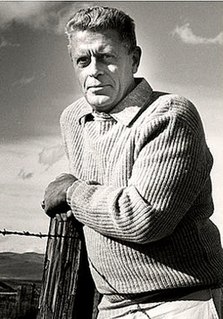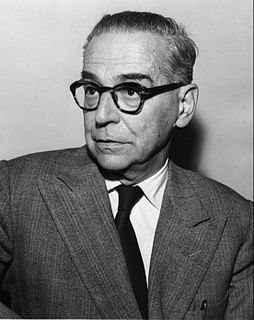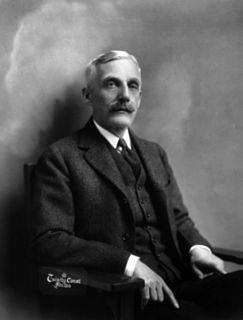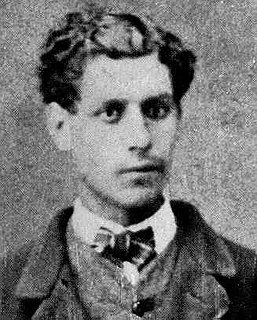A Quote by Samuel Johnson
No man is defeated without some resentment which will be continued with obstinacy while he believes himself in the right, and asserted with bitterness, if even to his own conscience he is detected in the wrong.
Related Quotes
The so-called godly man may be more likely to do serious wrong than a man who deeply questions himself. The 'godly man' often zealously follows religious precepts that, in the end, justify an unjust injury to others, while the questioning man, addressing his own conscience, may have the better chance to consider all the circumstances and come to the just decision.
It is our duty to endeavor always to promote the general good; to do to all as we would be willing to be done by were we in their circumstances; to do justly, to love mercy, and to walk humbly before God. These are some of the laws of nature which every man in the world is bound to observe, and which whoever violates exposes himself to the resentment of mankind, the lashes of his own conscience, and the judgment of Heaven. This plainly shows that the highest state of liberty subjects us to the law of nature and the government of God.
True law, the code of justice, the essence of our sensations of right and wrong, is the conscience of society. It has taken thousands of years to develop, and it is the greatest, the most distinguishing quality which has developed with mankind ... If we can touch God at all, where do we touch him save in the conscience? And what is the conscience of any man save his little fragment of the conscience of all men in all time?
There comes a time when a man finds himself in front of a dark uncrossable abyss, which he himself has spent years digging. He cannot go forward, and has no way back. Words have failed, tears won't help, and who would he call out to? He can't even remember his own name. Then the man sees that on this god's green earth there is but one true suffering: the torment of guilty conscience.
The feeling of patriotism - It is an immoral feeling because, instead of confessing himself a son of God . . . or even a free man guided by his own reason, each man under the influence of patriotism confesses himself the son of his fatherland and the slave of his government, and commits actions contrary to his reason and conscience.
Nonviolence is a powerful as well as a just weapon. If you confront a man who has long been cruelly misusing you, and say, "Punish me, if you will; I do not deserve it, but I will accept it, so that the world will know I am right and you are wrong," then you wield a powerful and a just weapon. This man, your oppressor, is automatically morally defeated, and if he has any conscience, he is ashamed.
Any man of energy and initiative can get what he wants out of life. But when initiative is crippled by legislation or by a tax system which denies him the right to receive a reasonable share of his earnings, then he will no longer exert himself and the country will be deprived of the energy on which its continued greatness depends.
Criticism has plucked the imaginary flowers on the chain not in order that man shall continue to bear that chain without fantasy or consolation, but so that he shall throw off the chain and pluck the living flower. The criticism of religion disillusions man, so that he will think, act, and fashion his reality like a man who has discarded his illusions and regained his senses, so that he will move around himself as his own true Sun. Religion is only the illusory Sun which revolves around man as long as he does not revolve around himself.
We may gamble on outsmarting the law; we may even gamble on the leniency of man and the mercy of God-but no man ever won a gamble with his own conscience. Even should he think he has beaten his conscience into submission, his misdeeds still leave their mark upon him. Anyone who gambles against this fact has already lost his gamble.
In the absence of government each man learns to think, to act for himself, without counting on the support of an outside force which, however vigilant one supposes it to be, can never answer all social needs. Man, thus accustomed to seek his well-being only through his own efforts, raises himself in his own opinion as he does in the opinion of others; his soul becomes larger and stronger at the same time.





































